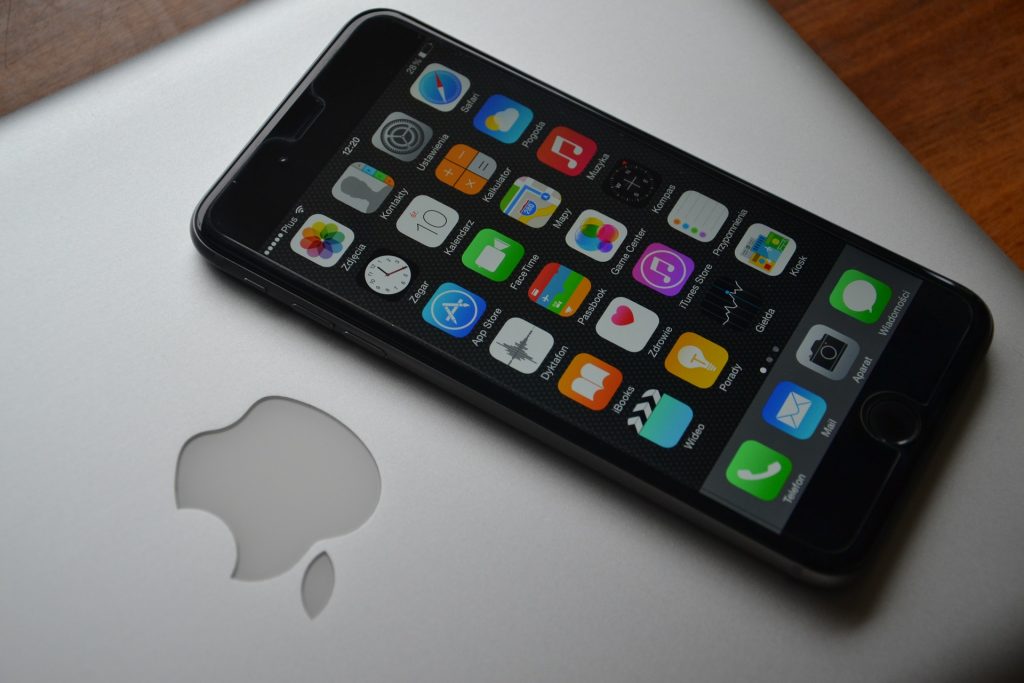It used to be an apple a day that kept the doctor away, now it’s an app a day. The amount of people who’d rather avoid a trip to the doctor doubled to 32% in the two years leading to 2015, showing a growing trend in self-diagnosis and remote treatment. It makes sense; if you’re feeling ill the last thing you want to do is traipse to the doctor’s and sit in a waiting room full of other sick people.
For expats, the temptation to self-diagnose can be greater for a number of reasons:
- You don’t fully understand how the health system in your new country works yet.
- You don’t speak the local language.
- You’re in a limbo period where you are not eligible for national cover and have not yet got health insurance.
The problem with self-diagnosis though is that most of us aren’t qualified doctors – I recently read that the reason someone abstained from canola oil was because cows don’t eat rapeseed, “so why oh why should I” (in comments). This application of “knowledge” can lead to a simple headache becoming a brain tumor, or worse, underdiagnosing yourself and not getting necessary treatment.
The doctor will see you now
But in recent years health apps and sites have evolved away from simple self-diagnosis tools in quite a dramatic way – one of the most novel being First Derm, with which you can snap a pic of your privates and have a potential problem diagnosed by a doctor remotely.
While this can certainly raise a giggle from the more easily amused among us, it highlights a growing trend in doctors and health professionals who are getting behind technology to offer good diagnoses and treatment in a way appropriate to the 21st century.
The results are extremely positive: the adoption of technology is bridging treatment gaps in parts of the world where people can not get conventional treatment, and The Virtual Doctors are doing a commendable job of improving the primary care services in remote regions of Africa through the use of ‘telemedicine’. In areas where healthcare is relatively easily accessible, apps like First Derm can help to lessen the strain on national health services.
What comes next?
The implications for expats and international health insurers are clear. In areas where medical standards are typically low, expats will no longer be limited to local healthcare – even when a prescription is necessary cross-border treatment could be a thing of the future.
International and expat health insurers will surely be looking into how to include this into their policies as it becomes an increasingly sought-after method of diagnosis for people around the world. As well as providing a better user service, the savings could be huge as the need for an extensive global hospital network could be reduced.
